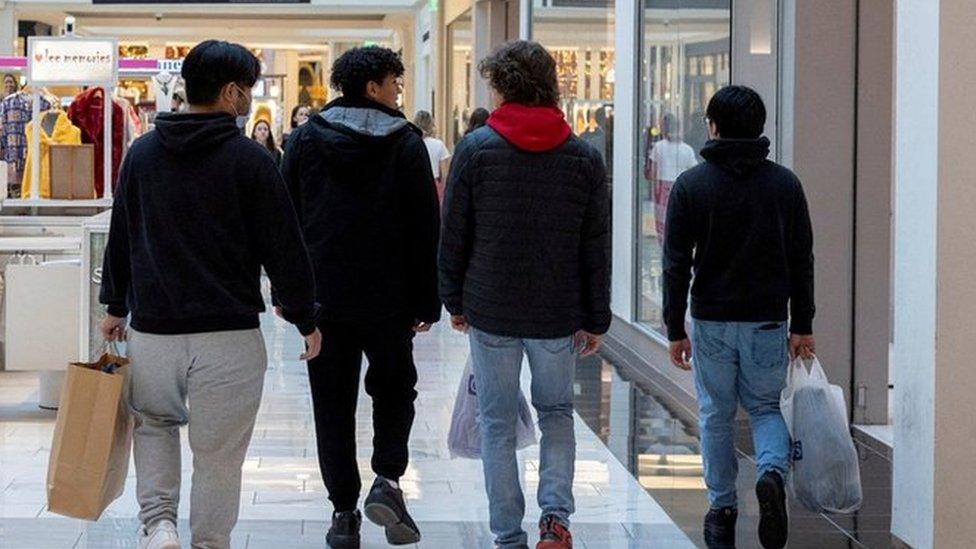US firms add more jobs than expected in May
- Published
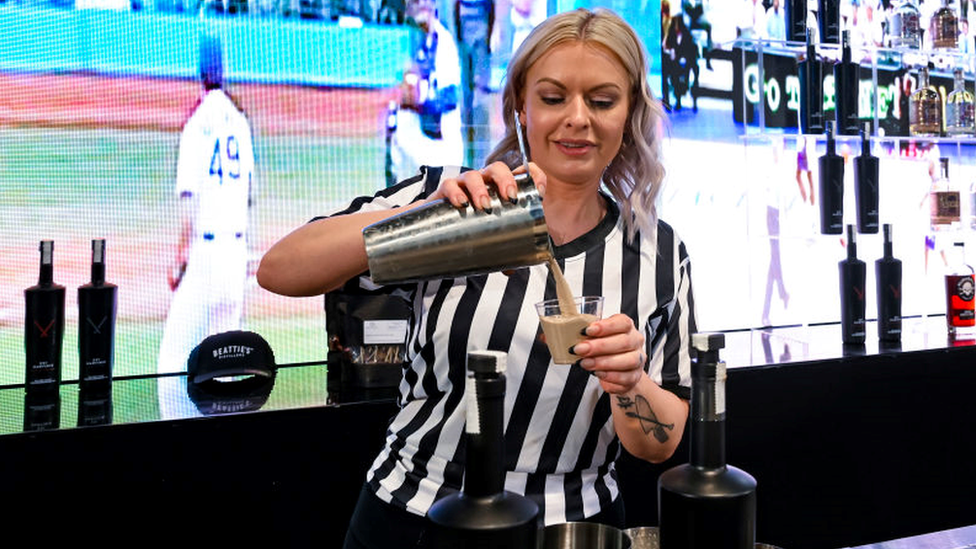
US employers added more new jobs than expected in May with payrolls rising by 390,000, according to new data.
The figure from the US Labor Department beat economists' forecasts for a 325,000 rise in new roles though May's increase was the slowest for a year.
The unemployment rate held at 3.6% for the third month in a row.
The health of the labour market in the world's largest economy is being closely watched as fast-rising prices raise fears of future downturn.
In recent weeks, some companies have shared plans to slow or freeze hiring.
Retail giants including Walmart and Amazon have said they hired too aggressively earlier in the year and have seen their profits hit as rising prices proved more difficult to pass onto customers.
Meanwhile, electric carmaker Tesla is reportedly calling a halt to hiring and has warned that 10% of its salaried workforce may need to be cut. In an email to staff, seen by the news wire Reuters, Tesla chief executive Elon Musk said he had a "super bad feeling" about the economy.
Sentiment for both consumers and the financial markets have slipped recently.
Data shows that the annual rate of US inflation hit 8.3% in the year to April, which is a slight drop from the level recorded for March but is the highest rate since 1981.
Analysts said the job growth in May remained solid, if slower, than over the last year.
"Part of the slowing in payrolls in recent months likely is a knee-jerk reaction to higher costs due to the surge in energy prices triggered by the war in Ukraine," said Ian Shepherdson, chief economist of Pantheon Macroeconomics.
But we also wonder if employers have cut back hiring in anticipation of consumers' reining-in their spending?"
Though he said: "So far, that hasn't happened."
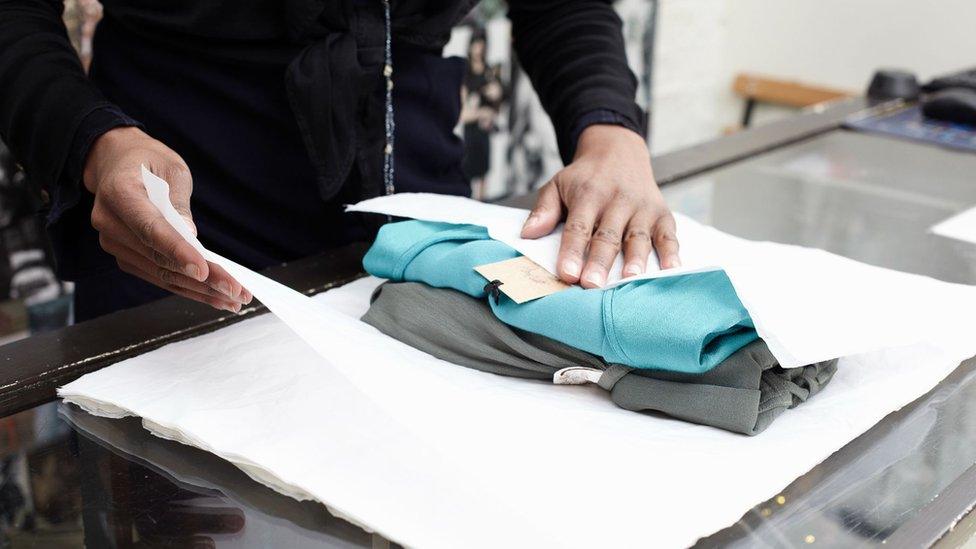
America's retail sector shed 61,000 jobs in May
Many economists have long warned that job growth was bound to slow after months of unusually strong gains.
Employment in the US has now nearly recovered to where it was before the Covid-19 pandemic hit in March 2020, the Labor Department said.
Last month, the leisure and hospitality sector - which is still catching up from deep cuts made during Covid restrictions - reported the biggest rise in new jobs, up 84,000.
Retail payrolls fell by 61,000, but the number of jobs stands higher than it did in pre-pandemic February 2020.
US President Joe Biden said on Friday that the economy was moving to a "new period of stable, steady growth" after surging forward last year and Americans should "expect to see more moderation".
"We aren't likely to see the kind of blockbuster job reports month after month like we've had over this past year but that's a good thing," he said. "That stability puts us in a strong position to tackle what is clearly a problem - inflation."
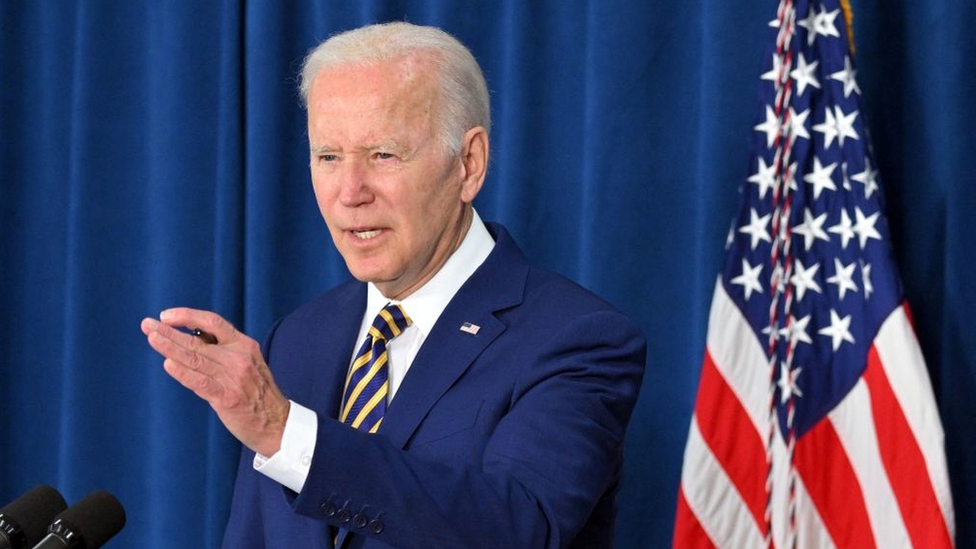
US President Joe Biden wished Elon Musk "lots of luck on his trip to the moon, I guess".
Asked about the comments from Mr Musk - with whom the president has a frosty relationship - Mr Biden said other companies, such as Ford, were announcing plans to hire thousands more staff as they invest in electric vehicles.
"Lots of luck on his trip to the moon, I guess," he said.
As companies compete for workers, pay has been rising faster than it has in years. Last month, the average hourly wage in the US rose to $31.95 (£25.50) last month - up 5.2% compared to a year ago. However, pay growth is failing to keep up with the rising cost of living and slowed in May for a second month in a row.
The US Federal Reserve, like other central banks around the world, is raising interest rates to try to curb inflation.
Such moves typically slow economic growth by making borrowing more expensive and reducing demand.
Sophia Koropeckyj, managing director at Moody's Analytics, said: "Today's report will keep the Fed on track in its tightening program in order to steer the economy toward a soft landing (slowing the economy) without tipping it over the edge toward recession and to help prevent a wage-price spiral from forming.
"The probability of recession is inching higher, but we still expect better than even odds of avoiding a downturn."
Related topics
- Published4 May 2022
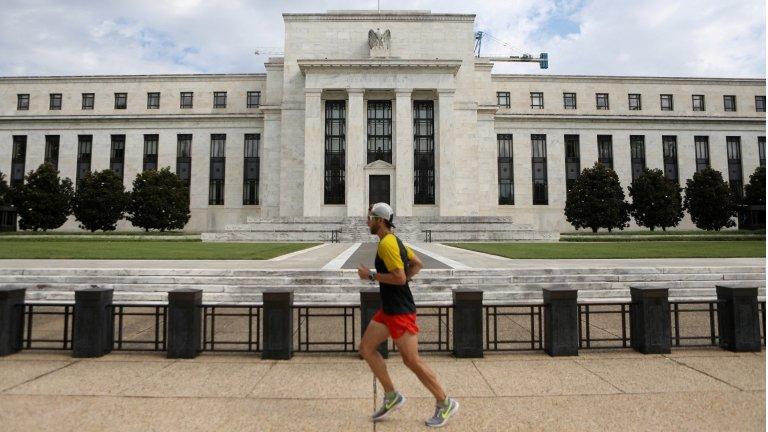
- Published5 May 2022

- Published28 April 2022
